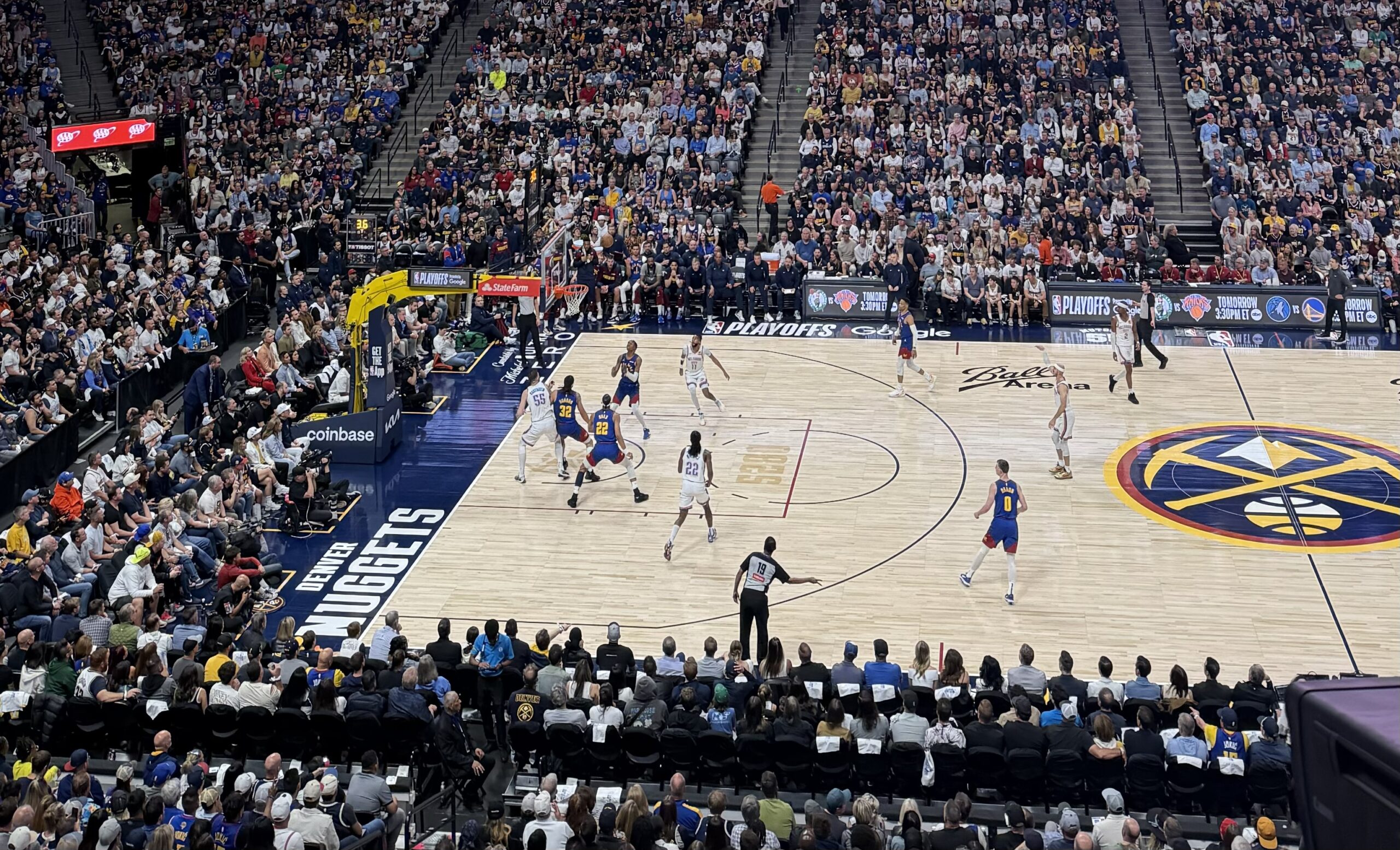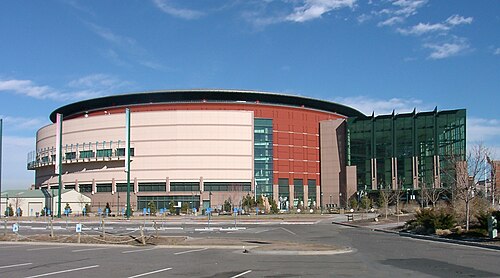Borrowing money for college can be an intimidating experience. Often, students don’t know what their income will be once they graduate, so it is hard to assess the manageability of the loan once re-payments begin.
Of course, if you can pay for college without borrowing money, you will be better off as the interest on this borrowed money can be very costly. But once you have decided to borrow, you will have to make a very important decision: public or private?
Public loans are provided by government, or government-sponsored agencies and are available to almost all students. If the student is a co-signer, meaning the co-signer is equally responsible for the repayment of the loan as the parents.
Repayment and interest on the borrowed funds normally does not begin until graduation plus a grace period (usually 6-12 months). This fact is important, as interest piling up over four years can really start to add up.
Public loans are also given on a fixed rate, while most private loans are variable, which means the interest rate fluctuates
Today, when interest rates are at historic lows, an interest rate that adjusts will most likely be doing so upwards.
Private companies base student loan interest rates on the market rate plus a surcharge if the applicant does not have an excellent credit rating. This is called default risk premium. This makes private loans better for students with better credit, as they will be able to find a lower interest rate than their riskier counterparts. Student’s wit a bad credit rating may not even be eligible for a private loan if the bank deems them to be too risky. Because private companies can catch applicants with hidden fees, rate adjustments and other practices it is generally the course of action to borrow as much as is possible from the government
How much is too much? The general agreement is that a student’s monthly payment should not exceed 8 percent of the student’s post-graduation monthly income. Be sure to do your research before signing anything.
A significant element in the current recession can be traced to people taking out loans they didn’t understand or couldn’t afford.











